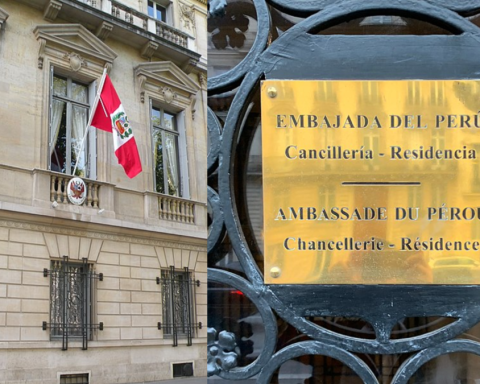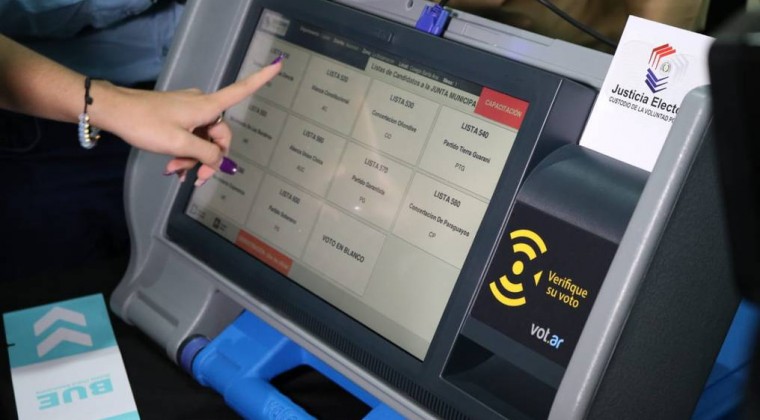It is common that when buying in a department store or supermarket, the cashier asks for your National Identity Document (DNI) to be able to make the purchase effective. But is it possible to refuse this request?
The answer is yes. The Peruvian Association of Consumers and Users (Aspec) informs that consumers are not required to provide their DNI to buy in a commercial establishment. Even this request is considered illegal, despite being very common.
“When a consumer buys a product in a commercial establishment, even if he pays in cash, at the checkout they almost always ask him to provide his ID number. Normally, he agrees to said request, which is illegal, but he has the right to keep his identity confidential.” says Crisologist Cáceres, president of Aspec.
Nevertheless, In many cases, the seller insists that the customer must provide their identification in order to complete the purchase process, which is why many consumers end up giving in to the request. Therefore, it is important to know how to react in such a situation.
What to do if the seller forces you to give your ID?
If the cashier / or insists and tells you, for example, that for what system works you must give your number, do not accept that excuse because it is an illegal practice, says the specialist.
If the insistence continues, ask for the complaints book and state that the establishment is not providing you with an ideal service.
However, there are some exceptions where it is necessary for the client to provide identification, be it DNI or RUC.
In what cases is it mandatory to give the DNI?
According to Crisologist Cáceres, there are two exceptions where consumers must give their DNI to whomever requests it: when they make purchases over S/700 or so that those purchases can be deducted from the payment of Income Tax.
This according to art. 8th, numeral 3.10 of Superintendence Resolution No. 007-99/Sunat, which provides for the need to record the identification data (names, surnames and DNI) of the client.
On the other hand, fourth or fifth category workers, who consume in hotels, bars or restaurants and want to deduct up to 15% of said consumption from the payment of Income Tax, will also necessarily have to provide their identity number.
Risks of giving the DNI when buying
When providing the DNI in a store, it may be used for other purposes and without the authorization of the clients to be sold to, for example, profiling companies for segmented advertising or marketing, Big data or for telemarketing (contact centers) , creation of personal databases or even worse for criminal acts.
“They ask you for your DNI to trace consumption profiles. These companies begin to register that you periodically buy yogurt brand such or buy brand such popsicles. With that, they make a profile and start to bombard you by offering you that type of product”, says the president of Aspec.
In addition to this, by providing the DNI, it can be used without the client’s authorization to be sold, for example, to profiling companies for advertising, telemarketing, creation of personal databases, and can even be used for criminal acts. in the worst case.
















